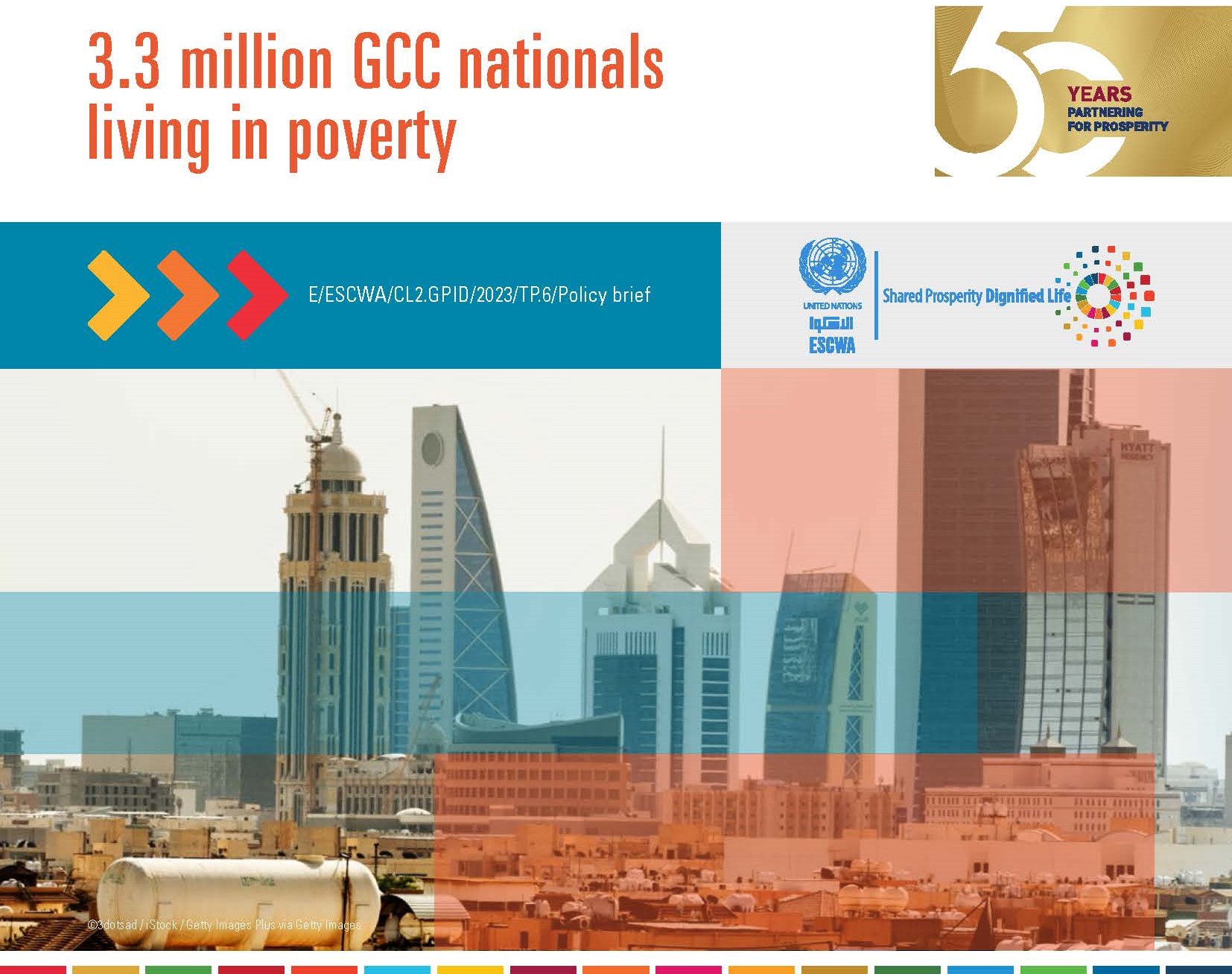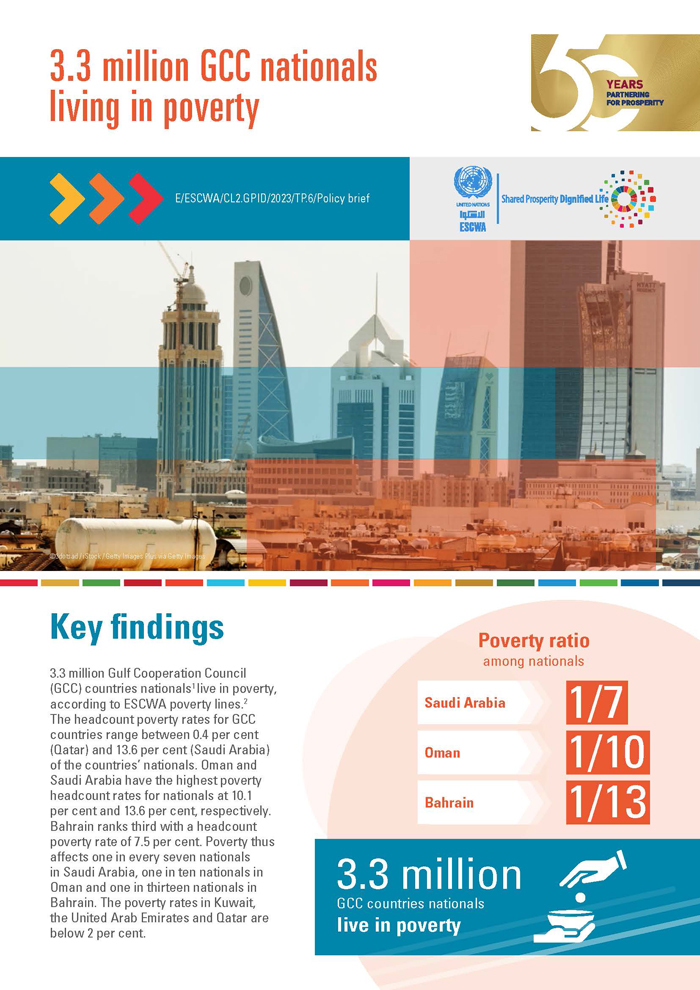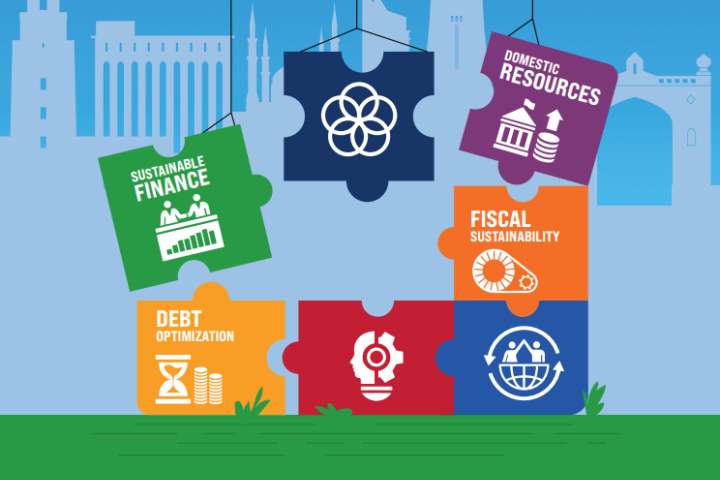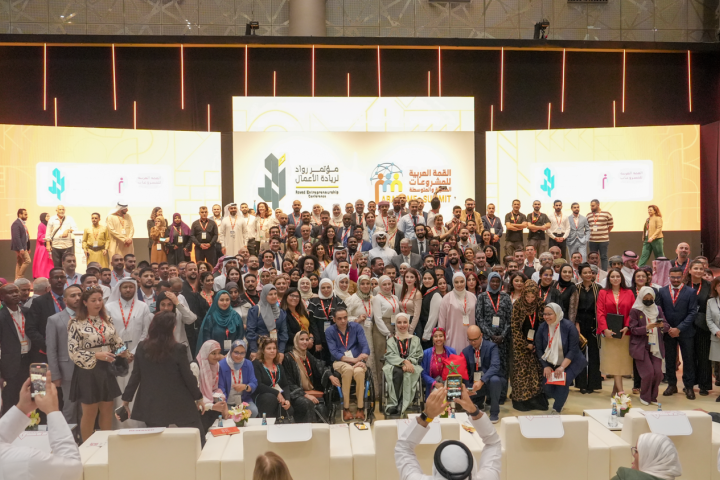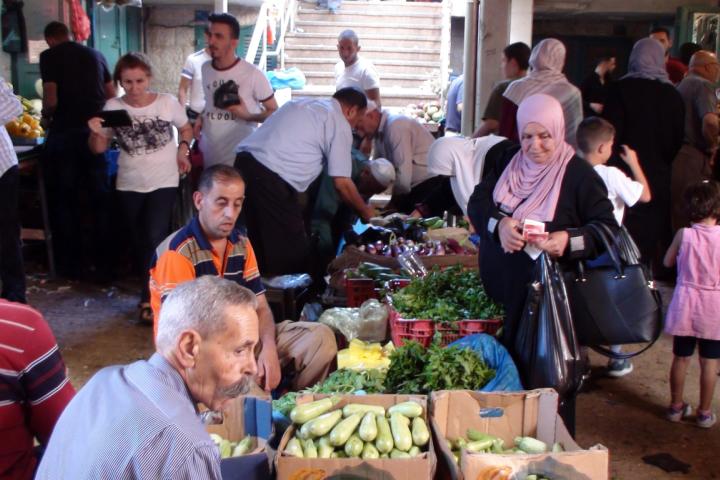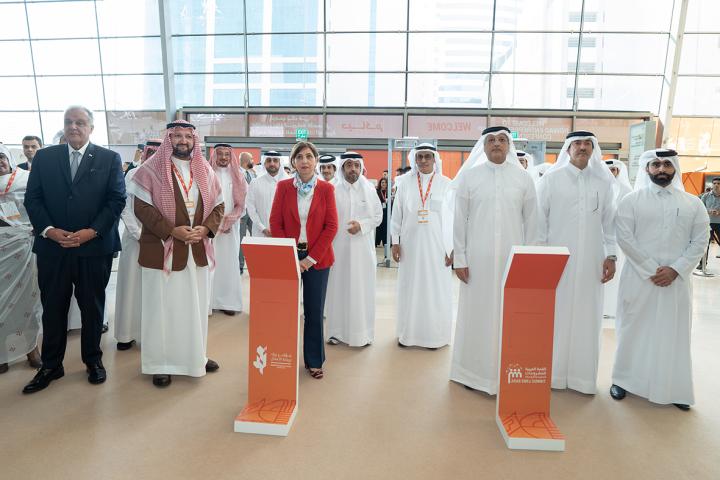Beirut, 24 May 2023--Despite major efforts by Gulf Cooperation Council (GCC) countries to reduce poverty and strengthen the middle class in the last decades, 3.3 million citizens still live in poverty: 1 in every 7 nationals in Saudi Arabia, 1 in 10 nationals in Oman and 1 in 13 nationals in Bahrain. However, in Kuwait, the United Arab Emirates and Qatar, poverty rates are below 2%. These are some of the key findings in a new policy brief issued today by the United Nations Economic and Social Commission for Western Asia (ESCWA), titled "3.3 million GCC nationals living in poverty".
The brief highlights that poverty in most GCC countries has indeed declined since 2010, where some 530,000 citizens have been lifted from it. In Saudi Arabia alone, rates fell from 18.2% in 2010 to 13.6% in 2021, as 485,000 citizens were no longer considered poor. It notes, nonetheless, that the countries’ flourishing economies have led to the perception that their poverty rates were low or non-existent; consequently, little effort went into investigating the prevalence and depth of poverty.
ESCWA Executive Secretary Rola Dashti explained that the distribution of income and expenditure among the population were key factors contributing to poverty. In some GCC countries, the expenditure of the richest 10% of households was 16 times greater than that of the poorest 10%, she noted.
“Financial reforms should be implemented to allow a broader share of the population to benefit from socioeconomic opportunities,” Dashti stressed. “This includes adopting a fair and equitable tax system; reforming land allocation and public procurement policies; reforming subsidy policies to target low-income groups; ensuring better targeting of social protection systems; and facilitating access to affordable housing, basic infrastructure, and quality health and education services.”
The policy brief proposes specific recommendations to tackle poverty in the GCC region, geared towards ensuring a more diversified and inclusive economy that leaves no one behind and is environmentally sustainable. They include diversifying sources of growth, and reforming educational and vocational systems to provide the new skills required for future jobs. The brief further stresses the need for strengthening the small and medium enterprises ecosystem, including through facilitating access to finance and fostering innovation and entrepreneurship programmes.
See here the technical report.
***
About ESCWA
One of five United Nations regional commissions, ESCWA supports inclusive and sustainable economic and social development in Arab States, and works on enhancing regional integration.
For more information:
- Ms. Maryam Sleiman, Public Information Assistant, +961-81-769-888; email: sleiman2@un.org
- Ms. Rania Harb, Public Information Assistant, +961-70-008-879; email: harb1@un.org
